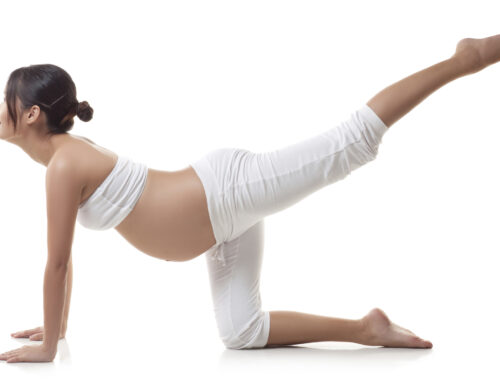Menopause can bring some unpleasant symptoms. Suffering from hot flashes, night sweats, sleep changes, and bone changes can easy get overwhelming. To help ease this transition, there are some things you can do. Using botanicals, taking supplements, and adjusting your diet can all help relieve menopause symptoms.
Use of Botanicals
Using certain botanicals can help with hot flashes and night sweats in some cases.One method of treating menopause naturally is to consume phytoestrogens. Phytoestrogens are plant based foods that are thought to have estrogen like effects. Consuming foods that have phytoestrogens can help relieve hot flashes and night sweats. Phytoestrogens may also help lower cholesterol, which also can help relieve hot flashes and night sweats.
One botanical has been known to help is Black cohosh. Black cohosh is a species of a flowering plant. It may be helpful in short term treatment of hot flashes, night sweats, and vaginal dryness. It is not advised to take black cohosh for more than 6 months. It isn’t certain the health effects if taken more than 6 months.
Another botanical to consider is evening primrose. Evening primrose oil is herb that can be used for the treatment of hot flashes. Evening primrose contains fatty acids, which may be the reason it relieves hot flashes. And lastly, Dong quai is another botanical known to treat hot flashes and night sweats.
Supplements
Along with the use of herbs, some women choose to take supplements to help with their menopausal symptoms. One of the main concerns when women hit menopause is bone health. Specifically, preventing bone loss. To help stop and prevent bone loss, women can take supplements that contain Calcium and vitamin D. Vitamin k, boron, and magnesium also help with bone loss.
Another main concern for women entering menopause is heart health. Taking supplements that contain vitamin E, potassium, magnesium, and fatty acids can help promote a healthy heart.
Foods with Isoflavone
A part of staying healthy is eating the right foods. To help with menopause symptoms, adjusting your diet may help. Foods that contain isoflavone have helped with menopause symptoms. Foods that contain isoflavone include soy and flaxseed products. Soy food and flaxseed both have phytoestrogens. It is important to note that phytoestrogens only exist in food form soy products. Soy tablets do not contain phytoestrogens.
Lifestyle
Just as diet is important to maintaining a healthy lifestyle, so is exercise and habits. Doctors suggest exercising to stay healthy. Meditation and yoga can help you sleep better and help women sleep well, help treat hot flashes, and help women sleep better.
These methods may not be as well known, but are also possible ways to help menopause symptoms. These natural approaches to menopause may also be helpful in conjunction with other hormone therapies. Talking to your doctor or midwife about your situation is the best way to make a plan for how you are going to manage menopause. All of these options are used in hopes of easing the adjustment and discomfort of menopause. Be sure to talk to your doctor and find a balance that works for you.





